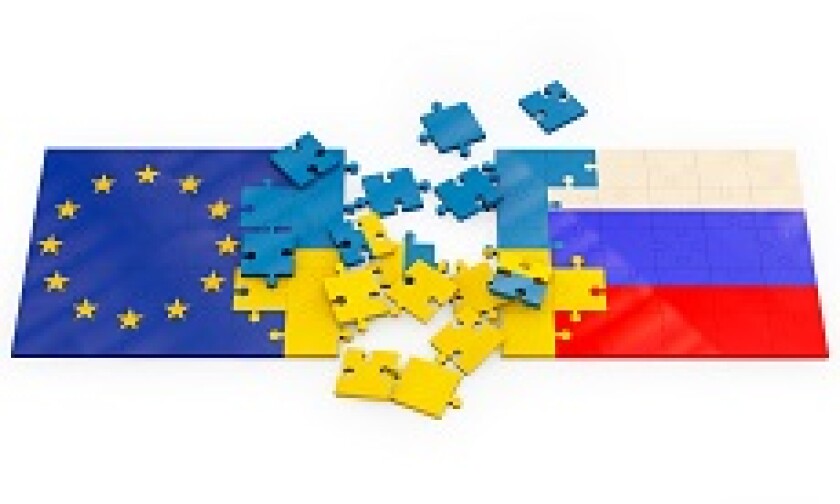To jump back to 2014, when the EU and US first stamped their financial sanctions on various Russian citizens and entities, as expected, lenders were spooked, and started cutting exposures even to entities which were not sanctioned.
The fear of arranging a deal that could at some point, come under sanctions or violate rules by another route sent lenders back to safer lending zones in neighbouring Europe.
Only $4bn of loans were signed in the first quarter of 2014, according to Dealogic, well below the $29bn signed in the same period of 2013.
Though in 2015, there was a thaw in sentiment, with Uralkali signing a $530m four year pre-export facility and paying less than double its pre-sanction spreads for the deal — well below the expectation that borrowers would have to pay at least twice pre-sanction rates.
In 2016 appetite for Russian loans has continued to bloom, with more international banks returning to the market.
Not only the reliable lenders in the region such as ING, Societe Generale and UniCredit, but new Chinese, Japanese and US lenders have been active in country.
Citi, Bank of China, Crédit Agricole, Industrial and Commercial Bank of China, Mizuho, and Intesa joined secured loans for EuroChem and Uralkali this year.
This convivial attitude has reached what could be a zenith in Norlisk Nickel’s latest deal: a $500m new money unsecured loan from a wide range of banks. Commerzbank, HSBC, Mizuho, Sumitomo Mitsui Banking Corporation and UniCredit were all in the syndicate.
But what has actually changed to encourage this new support?
BB- (negative) rated Russia is still facing economic contraction, depressed business growth and consumer price inflation of 7.7% this year.
There is little signal that sanctions will be lifted soon. Just last week a Dutch-led enquiry established that the Malaysian Airlines flight MH17 had been downed by a Russian missile, while a spokesman for the Russian government decried "speculation" about the fate of the flight. Russia had already blocked an attempt to establish a UN tribunal to investigate further.
The EU sanctions — initially introduced for one year — will be reviewed on January 31, 2017. But a removal of those sanctions seems unlikely while German Chancellor Angela Merkel continues to publicly voice her support for the sanctions and call for Russia to fulfil the international peace plan.
US sanctions were even extended at the beginning of the month to include a further 37 people and entities not included in the 2014 sanctions.
Rather than reacting to positive signs of growth in Russia or the receding risk of sanctions, lenders are coming to Russia because of the lack of deal flow elsewhere.
Loans across Emea decreased 22% year on year in the first nine months of the year to the lowest volume since 2012.
With activity from Turkish borrowers depleted after the attempted coup in July and the stiff competition from local banks in Central and Eastern European loan markets, the lure of Russian borrowers has strengthened.
Just because European loan volumes are woeful banks should not be not forget why they were cautious of lending to Russia in the first place.

